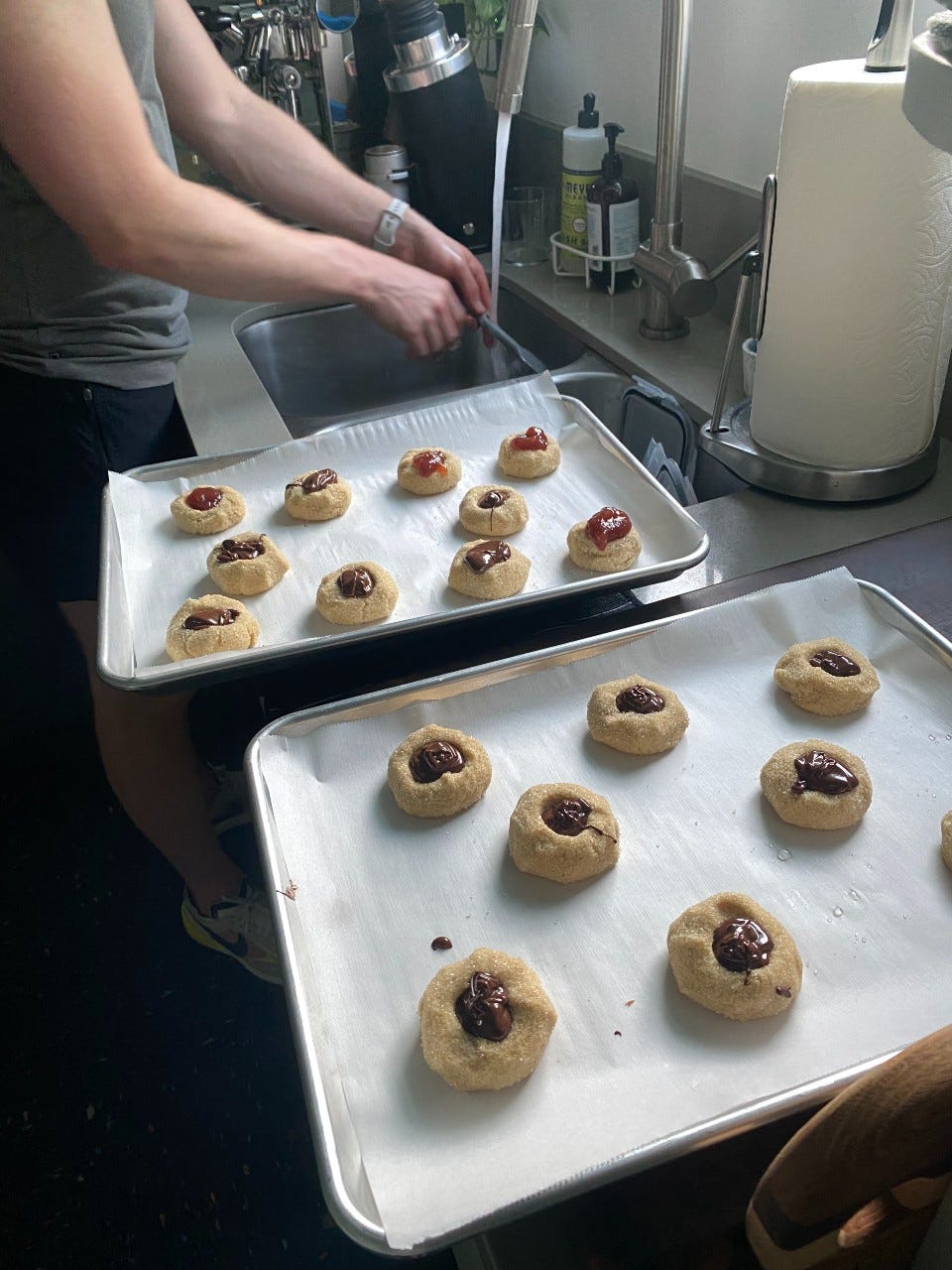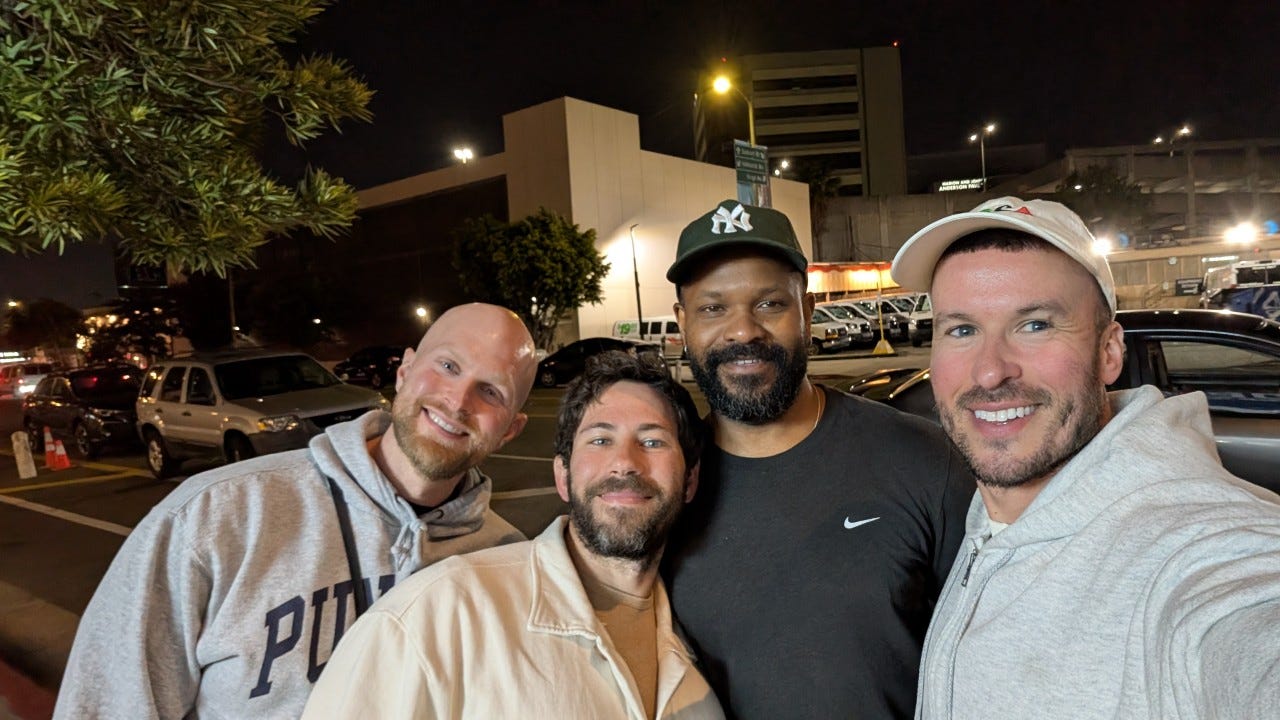On Easter Sunday, Tona sent me an article about The Serviceberry, a fruit tree native to North America. In it, author Robin Wall Kimmerer speaks of the gift economy, a primitive yet relevant concept for humans’ relationship with nature, natural resources, and one another.
The tree serves as an analogy for community and open access to natural abundance. Wall Kimmerer recently expanded the article into a book called The Serviceberry: Abundance and Reciprocity in the Natural World.
How we think ripples out to how we behave. If we view these berries, or that coal or forest, as an object, as property, it can be exploited as a commodity in a market economy. We know the consequences of that.
Throughout the last several centuries, we’ve allowed what the earth provides naturally and abundantly to become commoditized, delineated, and scarce. We’ve also lost our innate community ties in favor of private property, virtual relationships, and transactional interactions. Independence has replaced interdependence.
In fact, much of the scarcity we perceive in our world is artificial—governed by laws and social contracts stating who can access and who cannot; who has rights to use, to live, to enjoy, and who does not.
This is driven by the concept of single ownership and ultimately by the invention of money, capital, and usury (interest). More on this later, as I’ve just started an incredible book about the underlying issues with our current financial system and our quest for infinite growth called Sacred Economics: Money, Gift, and Society in the Age of Transition by Charles Eisenstein.
Gifts cement the mystical realization of participation in something greater than oneself which, yet, is not separate from oneself. The axioms of rational self-interest change because the self has expanded to include something of the other.
The gift economy emphasizes sharing one’s individual abundance or gifts with the wider community without money exchange, knowing that the same generosity will be reciprocated at some point. Everyone takes responsibility for the whole and acknowledges his or her responsibility to the whole.
The gift of cookies
Game theory often posits that cooperation is preferable to competition as it maximizes total returns, whereas competition maximizes the individual returns. Operating selfishly, individual “players” will often end up worse-off than if they’d cooperated.
The monetization of all our needs and desires has moved us away from imprecise and inconvenient bartering, but the things we rely on the natural commons or on our community to provide have slowly dwindled. Drinking water. Meeting romantic partners. Fresh produce. Childcare. But new efforts are trying to recover some of these commons, like Endless Orchard, a mapping tool for publicly-accessible fruit trees.
Scarcity is also a product of infinite growth demands on our economy. Way back when as an economics undergrad, I flagged that concept as unsustainable and next to impossible. How can a company, or national GDP, grow indefinitely? Our world is finite, resources are finite. Our appetites are finite. The only way to “grow” continually is to invent new needs for the economy to address.
Today we find ourselves cut off from our own abundance, always looking for ways to accumulate dollars instead of friends. Dollars instead of time. Dollars instead of goodwill.
To this I say—why not give things for free? Banish scarcity one kind gesture at a time.
Because giving feels good. Sharing feels good. Helping a friend, a neighbor, or a stranger has benefits for both giver and receiver.
Some of the LA Crew
As I was planning my exit from LA, I started purging things I no longer needed, and instead of haggling for petty cash on Facebook Marketplace, I placed items on the street outside my building and they would magically disappear.
When I hosted a clothing swap, I asked for nothing in return. I gifted two very expensive Italian shirts to a friend whom they fit better than me. Hosting gatherings is its own form of giving, providing a safe and comfortable place for new social connections to form.
And, strange things started happening around the same time, as I planned my big move. Help in the form of gifts rained down on me with divine timing.
My car mechanic said I’d been “a gentleman” and didn’t charge me to top up my power steering fluid. He even gave me the rest of the bottle to take with me. Rosa, my housekeeper, insisted I not pay her for my last cleaning. Two friends who’d recently moved in together brought me 20 large used boxes for my move and several garbage bags full of bubble wrap.
My neighbor Jordy brought his tool kit over to help detach my TV from the wall. He came a second time to help dismantle my dining table. Then I stayed at his house once mine was empty and my bed was loaded onto a truck.
On the last day, another friend offered to drive me to the airport with my two cats in tow at rush hour—no minor offering for those who know the hell that is LAX. It was the perfect send-off, and I was tearful thinking about how many people had shown up for me those last two weeks.
What’s more, I began to feel like I didn’t so desperately need lots of money. I had enough for what my life required.
You see, true abundance isn’t just about dollars in the bank. It’s about ease, and time, and favors given and received. It’s about offering assistance and advice and expertise, or lending a hand when your world is calm but someone you know is going through it. And knowing that your generosity won’t go unnoticed or unreciprocated.
Some of the Tampa Crew
I wrote previously about borrowing and sharing, and still believe that far into the future, living communally and reinvigorating the richness of the commons will highlight a path forward that doesn’t involve pillaging nature for profit and squeezing every last productive, monetizable minute out of our days.
New_Public is an organization that’s reimagining social media by creating healthy digital public spaces that connect people and strengthen communities. It’s previously written about Vermont’s Front Porch Forum enabling powerful acts of reciprocity and building community resilience with 230,000 active users across more than 200 locally-specific forums.
For many reasons, I think we need to all think harder about how to exist and thrive outside the monetized economy. Our connection to our sense of community, and to each other, depends on it. I still want to land a great, well-compensated new job, but I’ve learned during this recent period how much abundance lives beyond paychecks, beyond what I myself can earn and provide. And, that I have qualitative abundance I can share with others, like time, attention, things I no longer use or need, and my natural gifts of networking and convening.
What kinds of gifts have you given or received lately? How did these acts make you feel?







Such a thoughtful post, Alex. I am reading The Serviceberry book right now so it made me smile to know you discovered it, too. I love doing the put it by the curb thing. So fun to know someone gets something for free that they need or want.